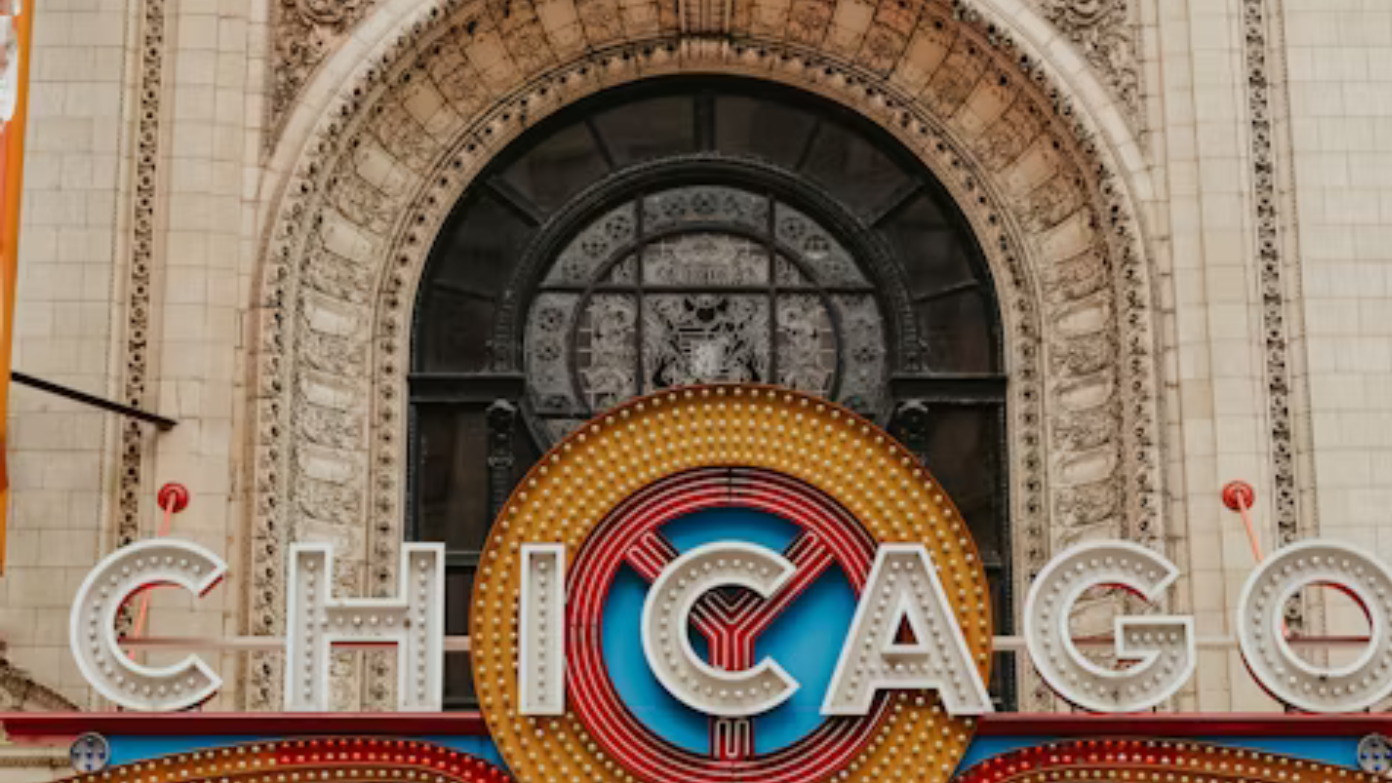Chicago Mayor Brandon Johnson has put forward an ambitious budget proposal for FY 2026 that features the reinstatement of a corporate head tax city officials repealed more than a decade ago. The $21-a-month-per-employee proposed charge on companies with more than 100 employees has caused widespread alarm among entrepreneurs, who warn the tax would discourage job creation and hasten corporate moves out of the city.
Even fellow Democrats, including Illinois Governor J.B. Pritzker was critical of the plan, with Pritzker strongly opposing the bill during a public address.
Budget crisis drives controversial revenue proposal
Chicago has a large budget deficit estimated at $1.19 billion for FY 2026, the largest deficit that the city has experienced since the pandemic’s peak in 2021. The deficit is fueled by declining federal funding supplemented by increasing pension expenses and other structural budget pressures. To meet this gap, Mayor Johnson proposed a $16.6 billion budget proposal he calls “Protecting Chicago,” which steers clear of cutting essential city services or raising property taxes but is instead largely founded on new and increased taxes.
The mayor’s budget includes $438 million of new revenue in the form of a variety of taxes and fees on what he considers ultra-wealthy individuals and large corporations. The centerpiece of this revenue proposal is bringing back the corporate head tax, something Wall Street said last year it would cap at $100 million annually based on various city estimates.
The corporate head tax proposal
Under Johnson’s proposal, the corporate head tax would apply to companies with more than 100 employees working in Chicago at least 50 percent of the time. The monthly fee of $21 per employee would increase annually based on inflation rates. The mayor’s office estimates that only approximately 3 percent of Chicago’s largest corporations would be affected by this tax, while 97 percent of the city’s businesses would remain exempt from the new fee.
The mayor has devoted the revenue from the tax to a new Community Safety Fund, which will support violence prevention initiatives, youth job programs, police officer mental health counseling, and domestic violence survivors’ services. Johnson portrayed the tax as an investment in public safety rather than merely a raising-revenue initiative, arguing that crime reduction is an issue of greatest business urgency.
Historical context and prior failure
Chicago previously had a head tax between 1970 and 2014, initially costing $4 per employee for businesses with more than 50 employees. The tax was reduced to $2 per employee in 2012 when former Mayor Rahm Emanuel began phasing out the policy. Emanuel eliminated the head tax entirely in 2013, terming it a “job killer” that threatened business growth and employment in the city.
Emanuel then went on to explain that removing the head tax would make Chicago an attractive place for business start-ups and expansion. Chicago collected an average of $20 million per year over the 41 years of the tax, much lower than Johnson’s projection of $100 million from the new and significantly higher rate of taxation.
Strong business opposition and warnings
The business community has been vehemently opposed to Johnson’s proposal. The president of the Illinois Restaurant Association, Sam Toia, called the head tax a guaranteed “job killer,” adding that restaurants are already working with slim profit margins and will not be able to absorb additional labor costs. Restaurant owners worry the tax could cause difficult hiring decisions or even layoffs across the industry.
The Chicago Chamber of Commerce has also been lobbying against the bill, with President and CEO Jack Lavin stating that the proposal would discourage hiring and job growth at the same time that Chicago faces keen national and international competition for investment and jobs. Other business groups like the Civic Federation have also decried the head tax as a failure to address structural fiscal problems and a replication of previous policy mistakes.
Government opposition and uncertain future
Governor Pritzker’s opposition to the tax is also a stumbling block for Johnson’s budget plan. In a speech to the Economic Club of Chicago, Pritzker declared that he was “absolutely four-square opposed” to the head tax and asserted that it would punish job creation and render Chicago less competitive in retaining and attracting businesses.
Members of the Chicago City Council will review Johnson’s budget plan through the rest of the year before making a final vote. Some aldermen have already questioned the head tax bill, and the bill may face significant challenges to collecting the votes on the council it needs to pass.
Read more: When an emergency fund is actually bad for your finances

